“There were a lot of terrific people doing good work,” Obama said, “but… you don’t have a designated person who’s speaking on behalf of the whole party.”
Others are reading now
Barack Obama has opened up about why he chose to re-enter the political conversation after leaving the White House in 2017.
While he initially planned to stay out of the spotlight, he says the state of U.S. politics, and Donald Trump’s presidency, forced him to speak out more than he’d intended.
A planned retreat that didn’t last
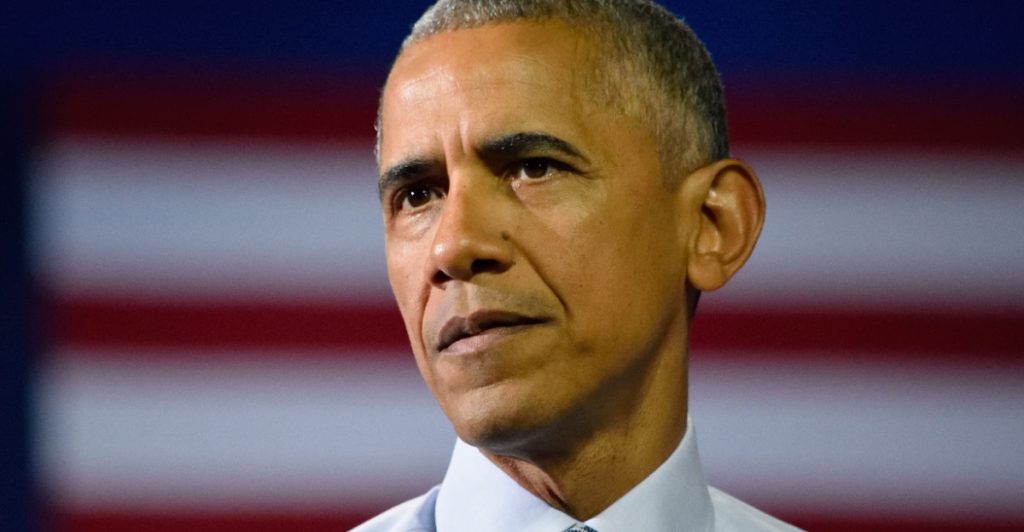
After serving two terms, Obama hoped to shift focus toward mentoring future leaders and stepping back from public life.
But he told Marc Maron on the WTF Podcast that he “found [himself] drawn back in to day-to-day politics” more than he wanted, in part due to the absence of a clear voice within the Democratic Party.
No designated leader in the party
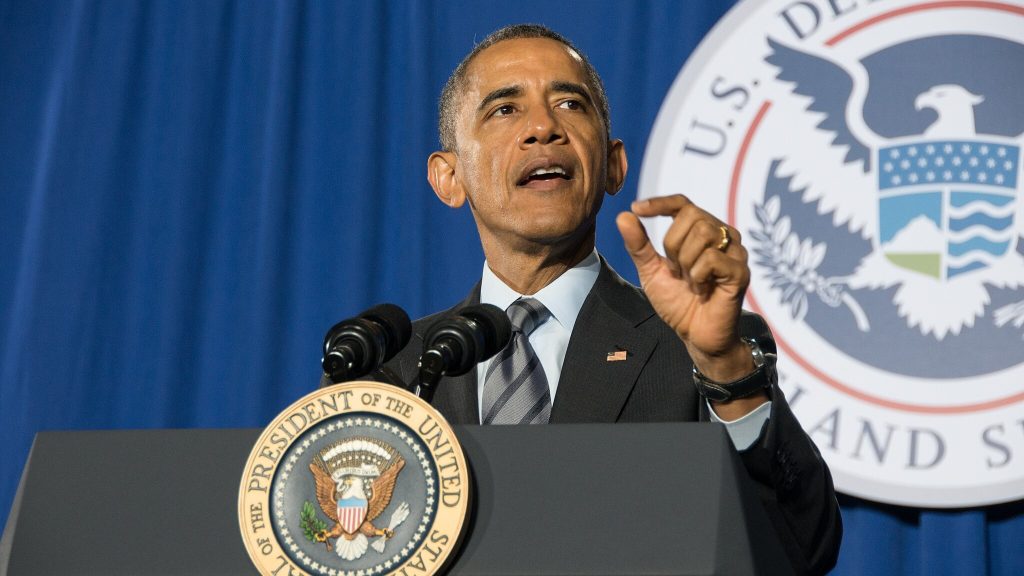
“There were a lot of terrific people doing good work,” Obama said, “but… you don’t have a designated person who’s speaking on behalf of the whole party.”
Also read
His return to commentary wasn’t part of the plan, it was, he suggested, a response to a leadership vacuum.
Balancing influence with restraint
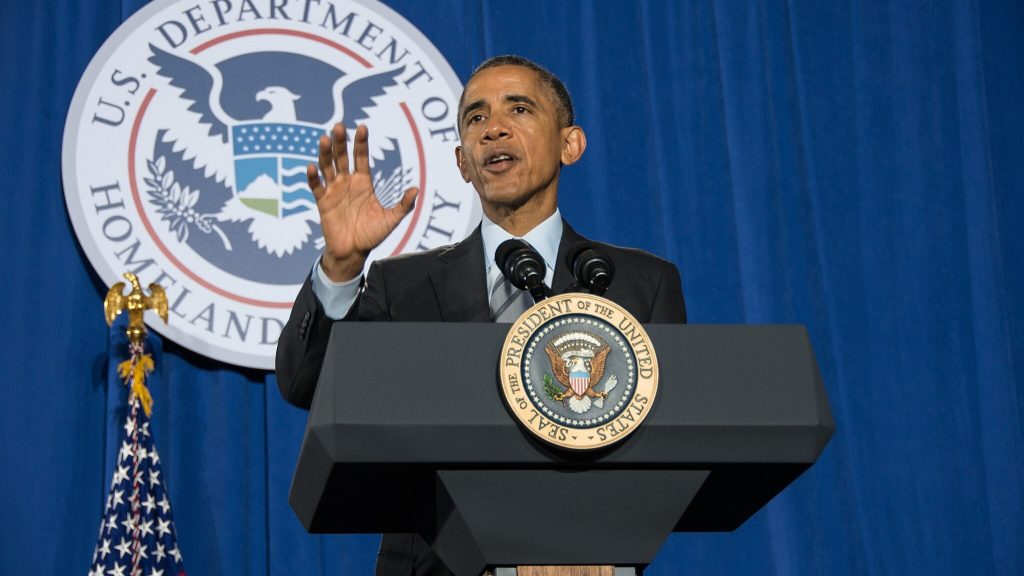
Obama admitted that while it’s flattering to be asked for his perspective, he tried to be “disciplined” about stepping back.
He wanted to focus on coaching the next generation of leadership, not becoming a permanent pundit. Still, public demand kept pulling him back into the national conversation.
A turning point after Charlie Kirk’s assassination
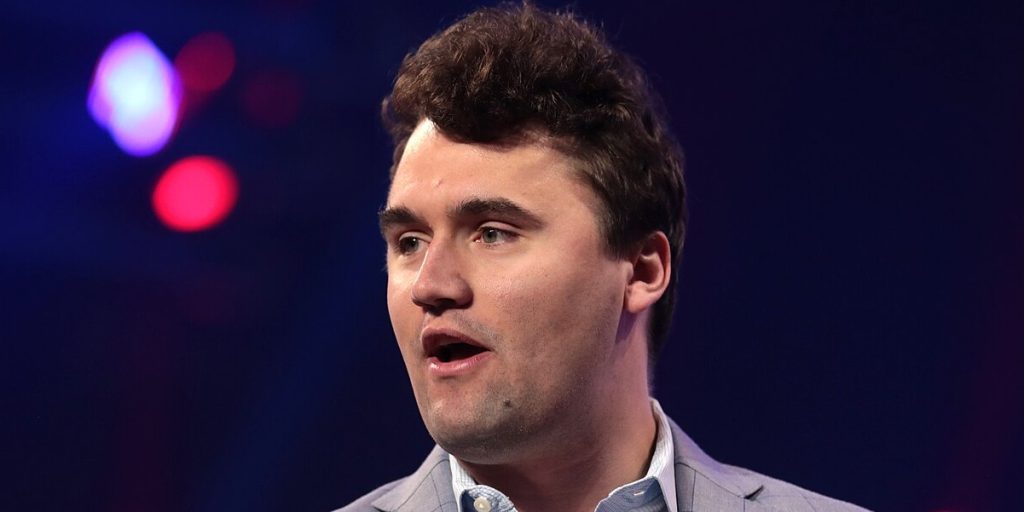
In recent weeks, Obama has ramped up his public criticism of Trump again, following the assassination of conservative figure Charlie Kirk.
Speaking at an event in Pennsylvania, Obama said the killing marked a “political crisis” for the United States, regardless of political affiliation.
Also read
Expressing empathy despite ideological differences
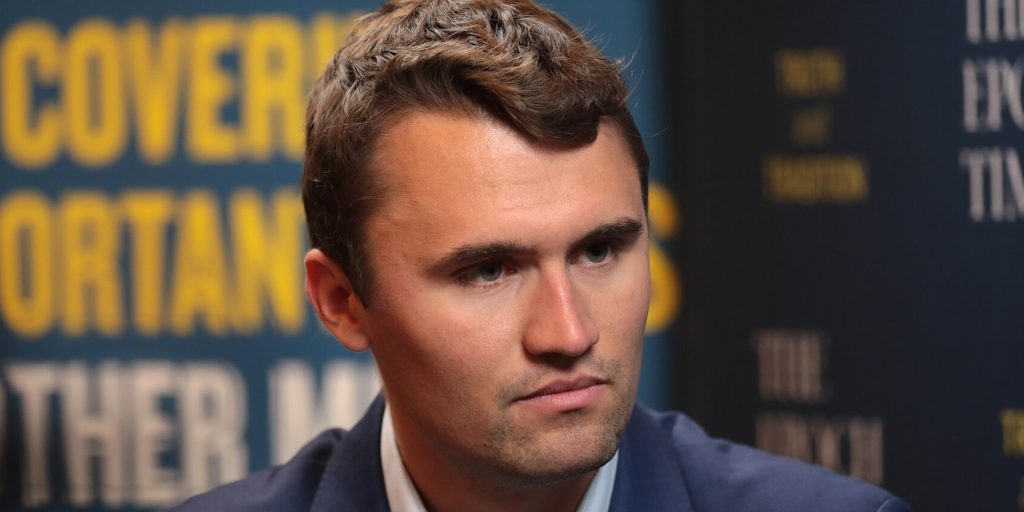
“Obviously I didn’t know Charlie Kirk,” Obama said, “but that doesn’t negate the fact that what happened was a tragedy.”
He acknowledged Kirk’s young family and urged people to show “grace” during times of mourning, even when they disagree with someone’s views.
Implicit criticism of Trump’s response
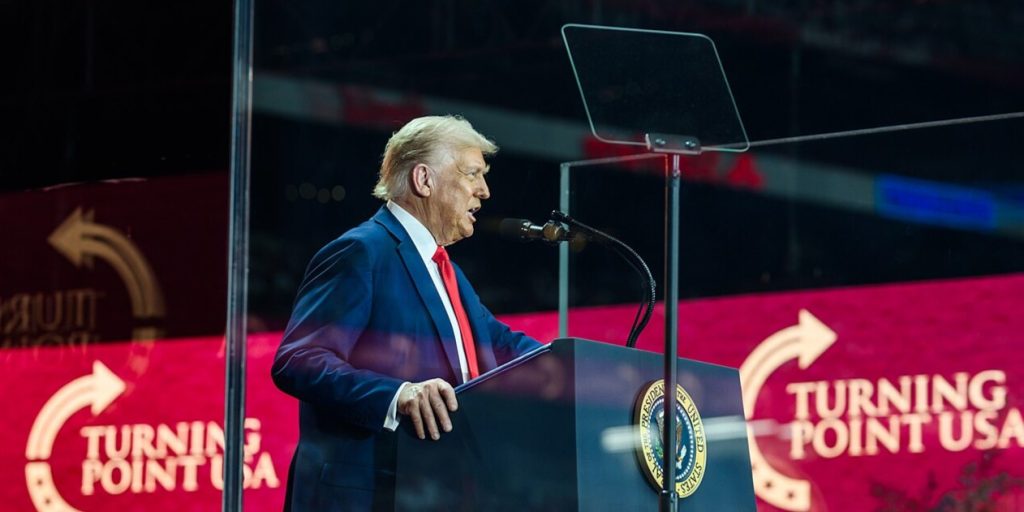
Obama appeared to draw a contrast between his own response to tragedy as president and Trump’s handling of recent events.
He recalled the 2015 mass shooting in Charleston and emphasised that he did not use it to target political opponents, a subtle but pointed rebuke.
“That’s not what I did as president”
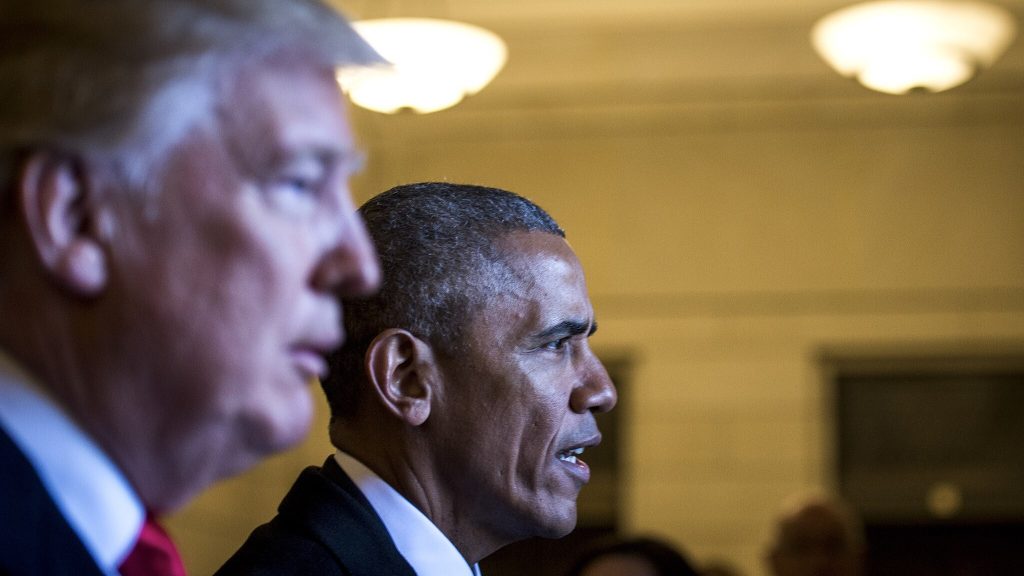
Obama referenced the Dylann Roof shooting at a Black church, where he deliberately avoided politicising the tragedy. “My response was not ‘let me go after my political opponents’,” he said, implying that Trump and his team have done exactly that in the wake of recent violence.
Also read
Targeting language and rising extremism
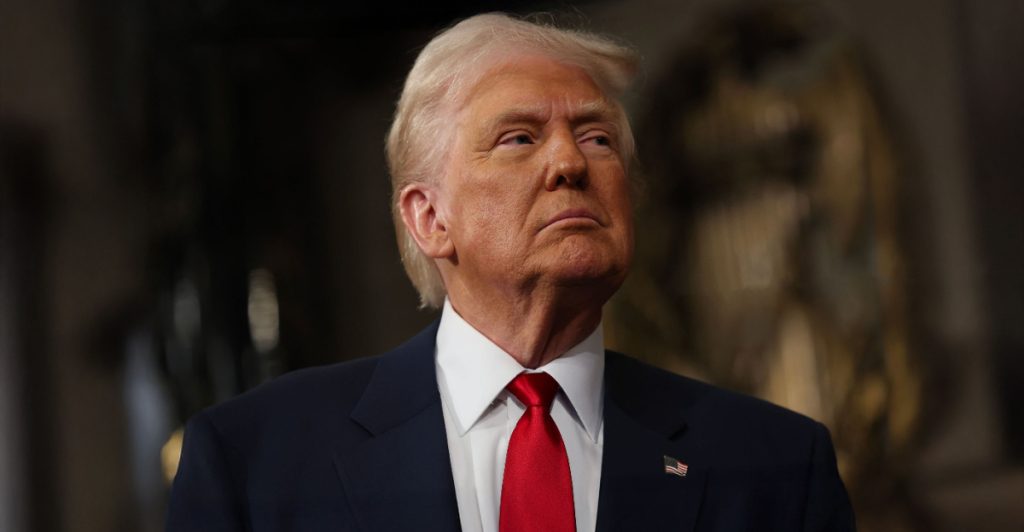
He didn’t stop there. Obama criticised political figures, including Trump, who label their opponents as “vermin” or enemies to be “targeted.” He warned that this rhetoric fuels a culture of extremism and erodes the values that should unite Americans, regardless of party.
A call for reflection across political lines
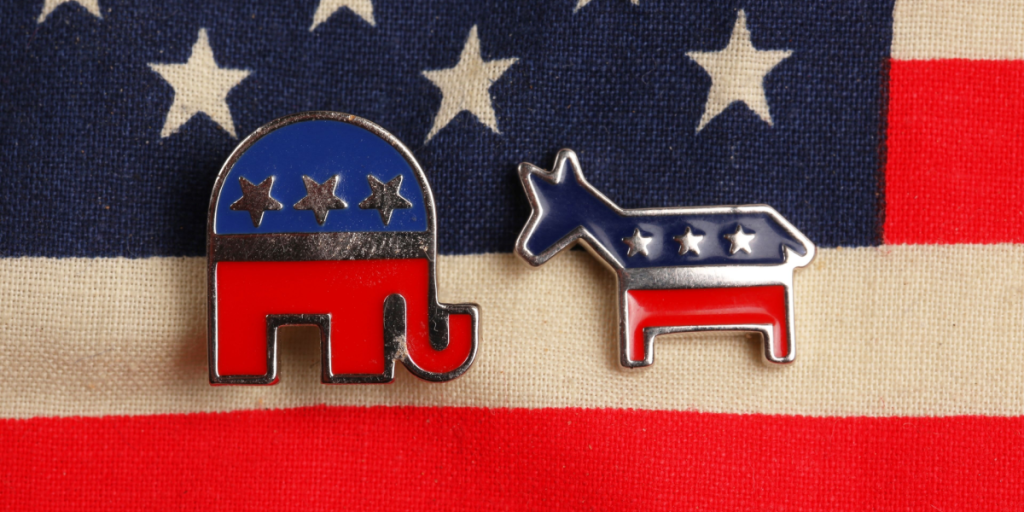
“This is something we’re all going to have to grapple with,” Obama said.
He stressed that both Democrats and Republicans need to confront extremist elements within their ranks. For him, these divisive views were “not in my White House”, and he believes they shouldn’t be in any.
White House fires back
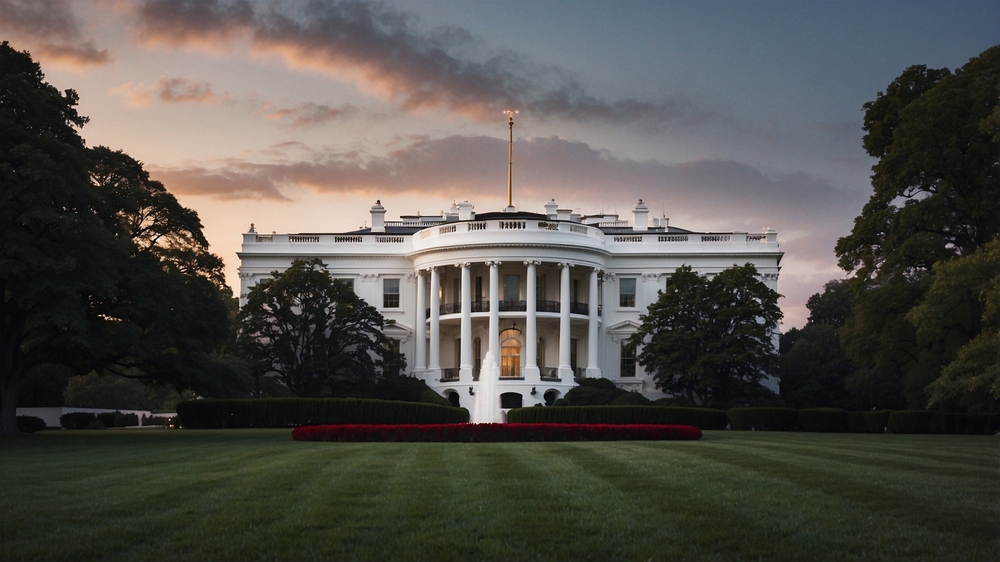
The current administration was quick to hit back at Obama’s comments. In a statement to the BBC, they accused him of promoting division himself, claiming he inspired Democrats to label opponents as “deplorables,” “fascists,” or “Nazis.” The White House has yet to expand further.
No return to politics — but no silence either
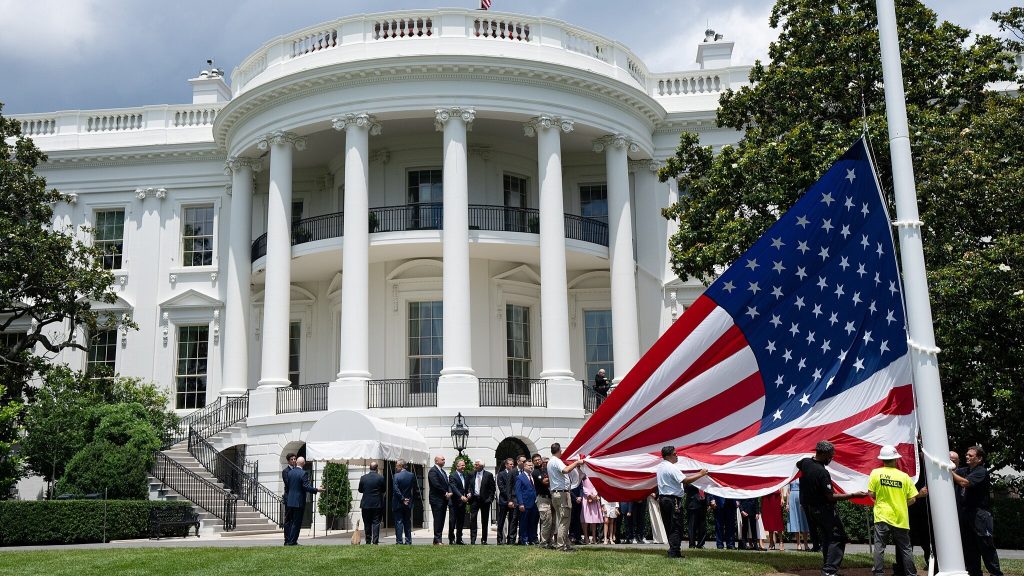
Despite his renewed political presence, Obama shows no signs of running for office again. Instead, he’s carving out a role as a moral voice and party elder.
Also read
“I thought I was going to be able to remove myself,” he said, but when the stakes felt too high, staying silent wasn’t an option.


